Mahsan Nourani
Soliciting Human-in-the-Loop User Feedback for Interactive Machine Learning Reduces User Trust and Impressions of Model Accuracy
Aug 28, 2020

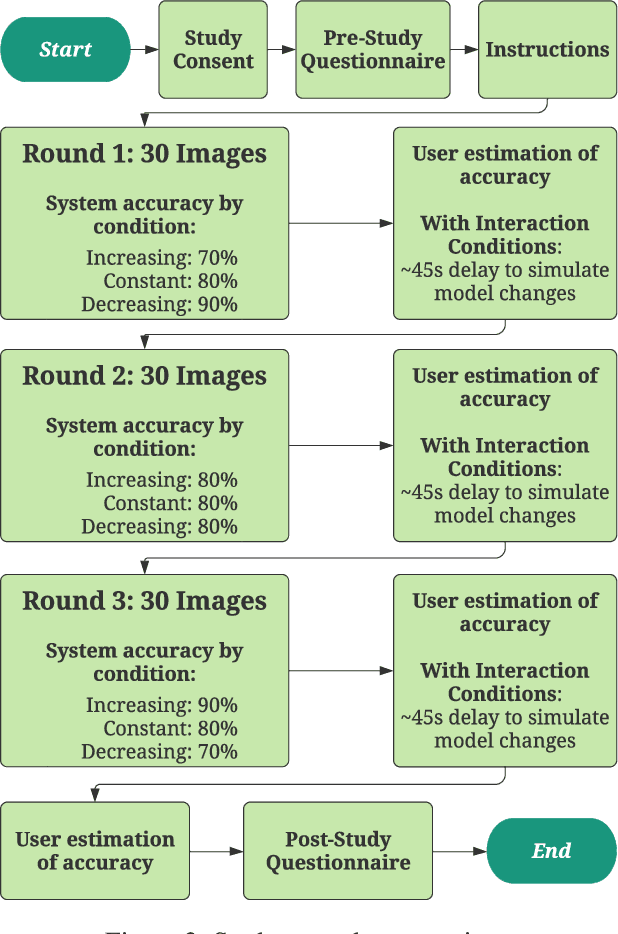

Abstract:Mixed-initiative systems allow users to interactively provide feedback to potentially improve system performance. Human feedback can correct model errors and update model parameters to dynamically adapt to changing data. Additionally, many users desire the ability to have a greater level of control and fix perceived flaws in systems they rely on. However, how the ability to provide feedback to autonomous systems influences user trust is a largely unexplored area of research. Our research investigates how the act of providing feedback can affect user understanding of an intelligent system and its accuracy. We present a controlled experiment using a simulated object detection system with image data to study the effects of interactive feedback collection on user impressions. The results show that providing human-in-the-loop feedback lowered both participants' trust in the system and their perception of system accuracy, regardless of whether the system accuracy improved in response to their feedback. These results highlight the importance of considering the effects of allowing end-user feedback on user trust when designing intelligent systems.
The Role of Domain Expertise in User Trust and the Impact of First Impressions with Intelligent Systems
Aug 20, 2020
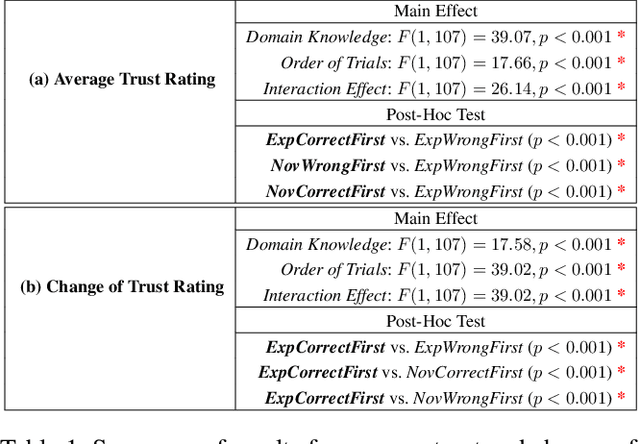


Abstract:Domain-specific intelligent systems are meant to help system users in their decision-making process. Many systems aim to simultaneously support different users with varying levels of domain expertise, but prior domain knowledge can affect user trust and confidence in detecting system errors. While it is also known that user trust can be influenced by first impressions with intelligent systems, our research explores the relationship between ordering bias and domain expertise when encountering errors in intelligent systems. In this paper, we present a controlled user study to explore the role of domain knowledge in establishing trust and susceptibility to the influence of first impressions on user trust. Participants reviewed an explainable image classifier with a constant accuracy and two different orders of observing system errors (observing errors in the beginning of usage vs. in the end). Our findings indicate that encountering errors early-on can cause negative first impressions for domain experts, negatively impacting their trust over the course of interactions. However, encountering correct outputs early helps more knowledgable users to dynamically adjust their trust based on their observations of system performance. In contrast, novice users suffer from over-reliance due to their lack of proper knowledge to detect errors.
Don't Explain without Verifying Veracity: An Evaluation of Explainable AI with Video Activity Recognition
May 05, 2020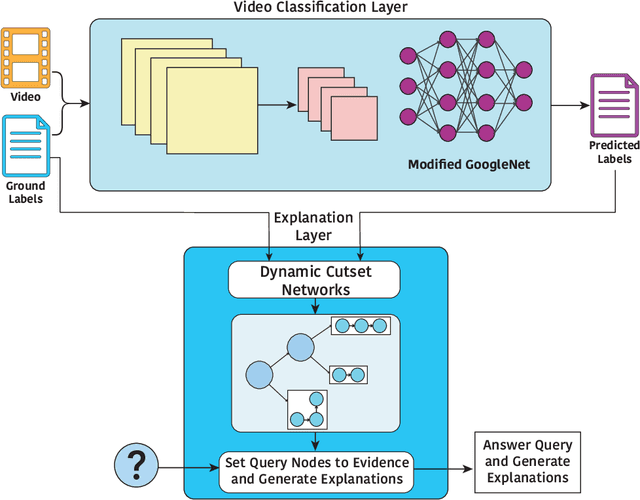
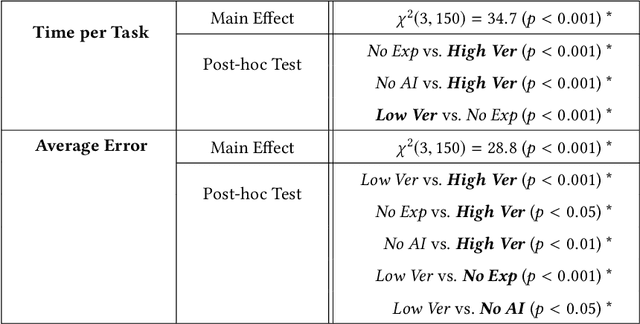
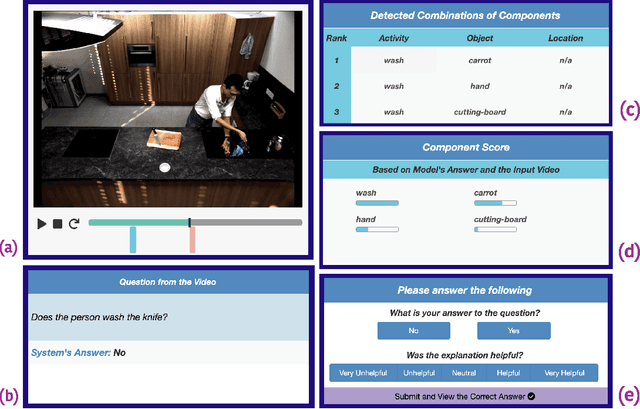

Abstract:Explainable machine learning and artificial intelligence models have been used to justify a model's decision-making process. This added transparency aims to help improve user performance and understanding of the underlying model. However, in practice, explainable systems face many open questions and challenges. Specifically, designers might reduce the complexity of deep learning models in order to provide interpretability. The explanations generated by these simplified models, however, might not accurately justify and be truthful to the model. This can further add confusion to the users as they might not find the explanations meaningful with respect to the model predictions. Understanding how these explanations affect user behavior is an ongoing challenge. In this paper, we explore how explanation veracity affects user performance and agreement in intelligent systems. Through a controlled user study with an explainable activity recognition system, we compare variations in explanation veracity for a video review and querying task. The results suggest that low veracity explanations significantly decrease user performance and agreement compared to both accurate explanations and a system without explanations. These findings demonstrate the importance of accurate and understandable explanations and caution that poor explanations can sometimes be worse than no explanations with respect to their effect on user performance and reliance on an AI system.
 Add to Chrome
Add to Chrome Add to Firefox
Add to Firefox Add to Edge
Add to Edge